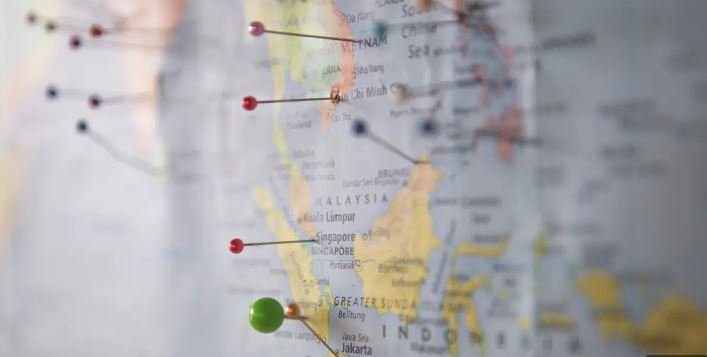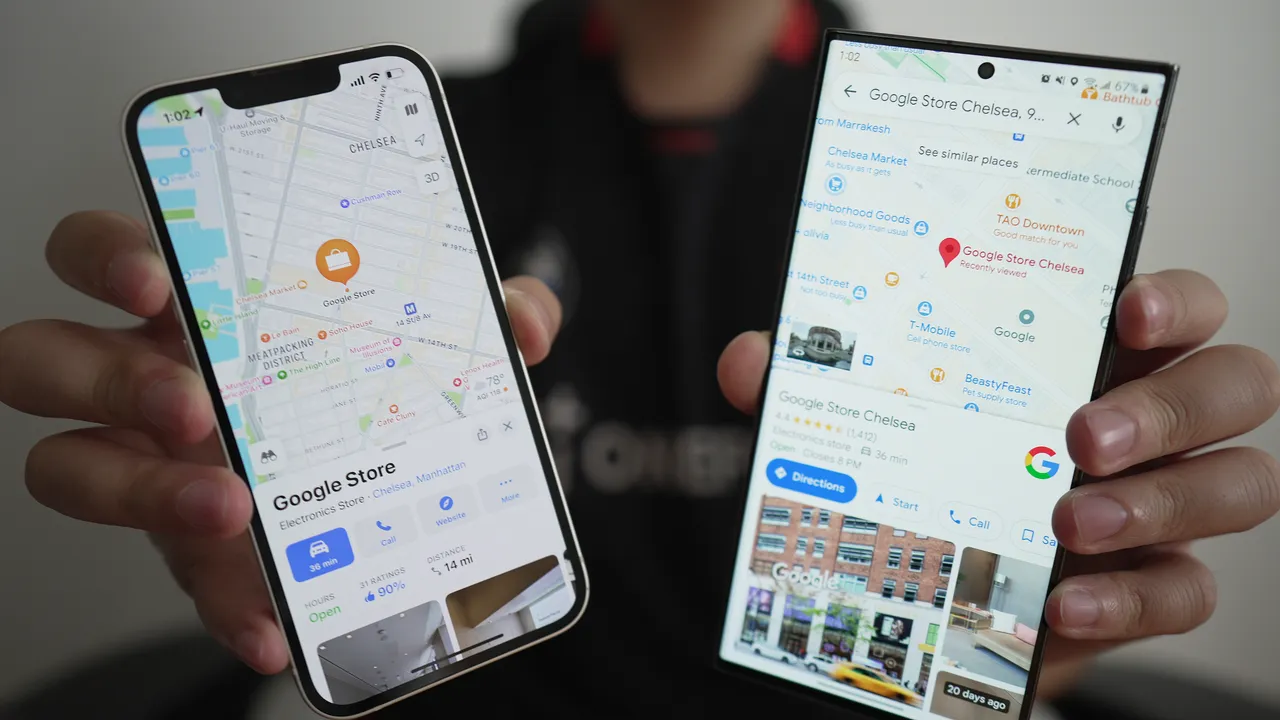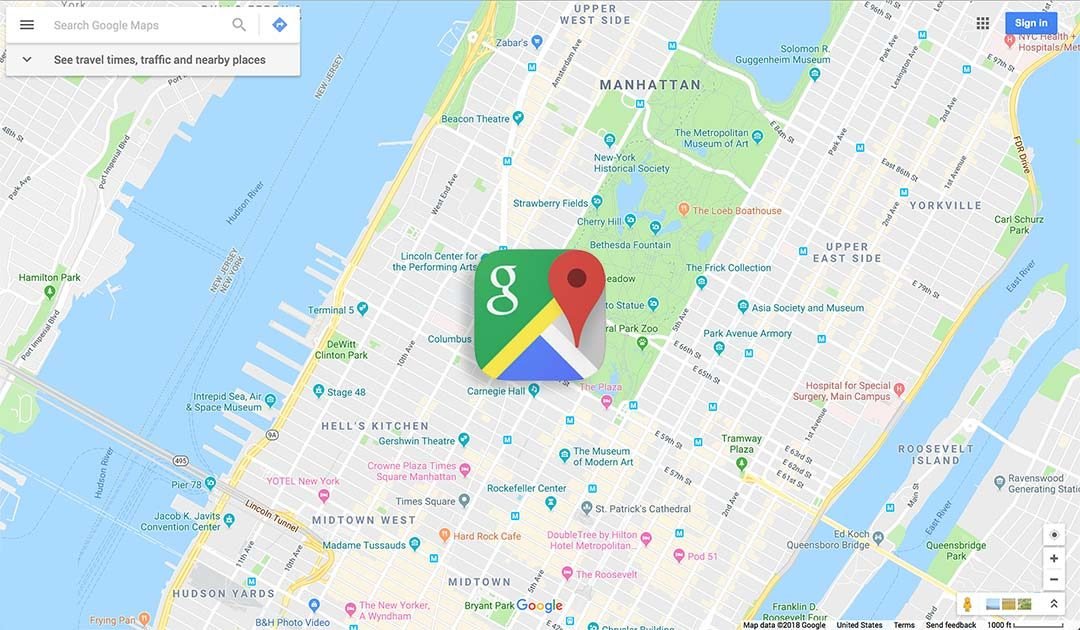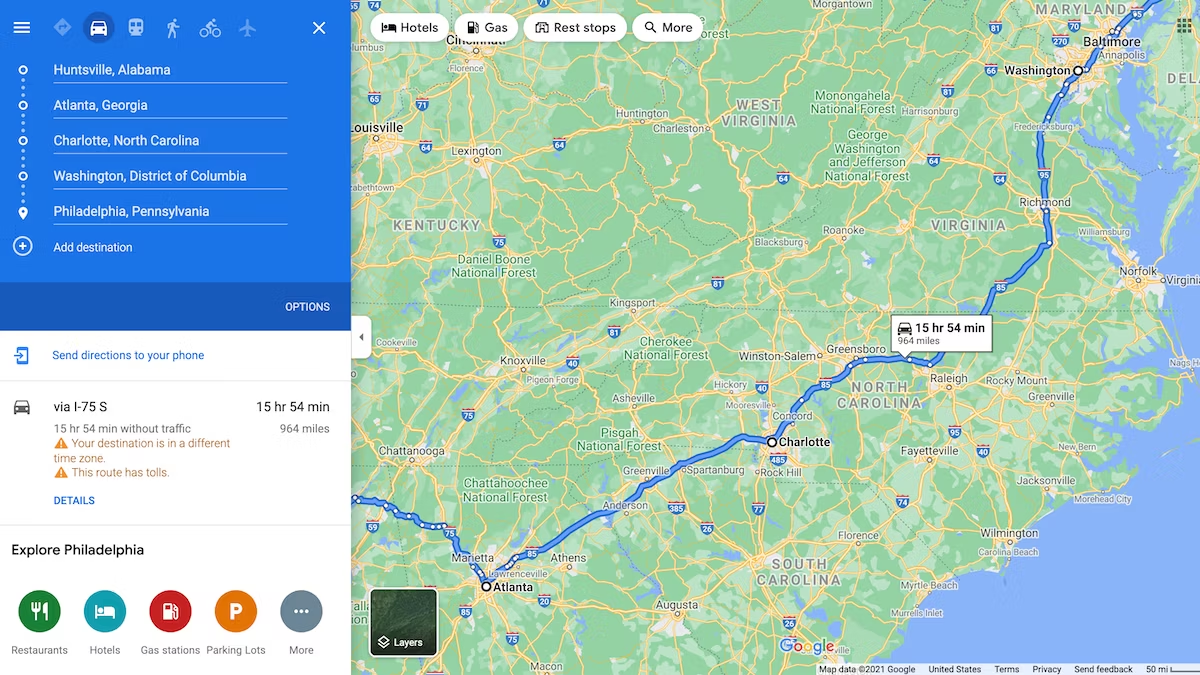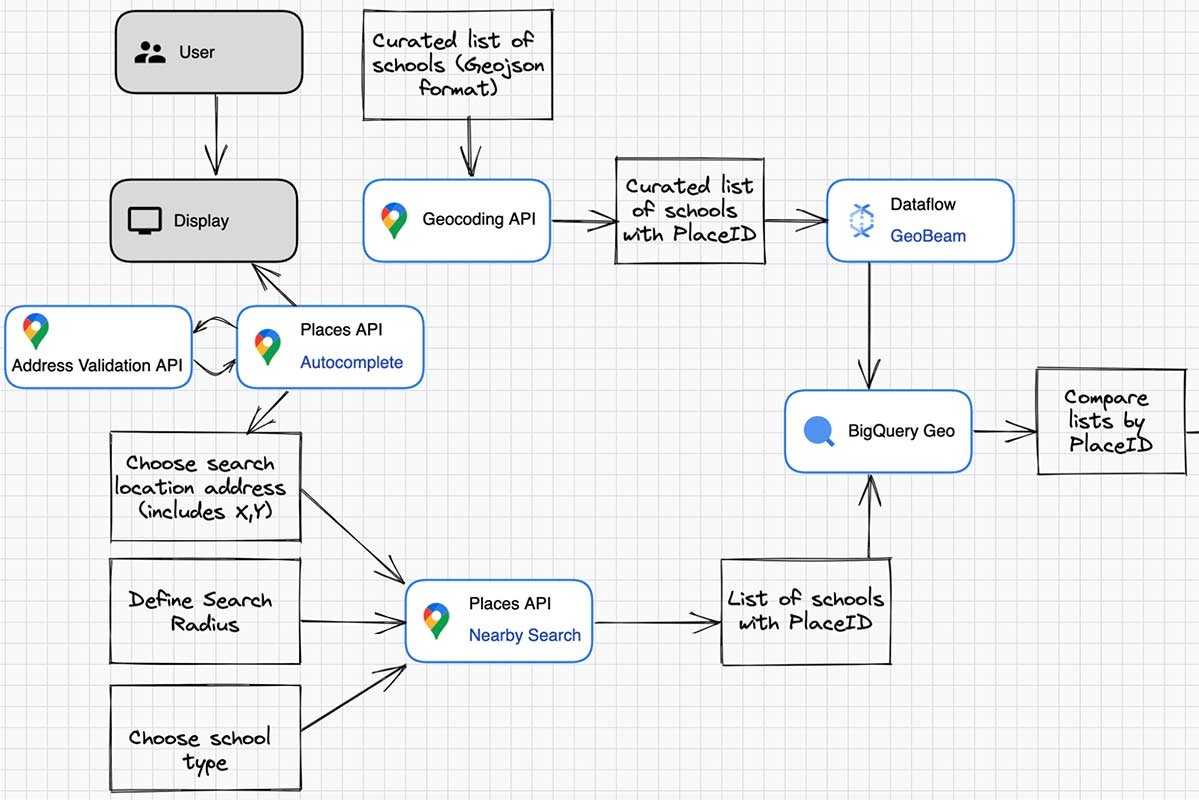Google Maps is a versatile tool that offers extensive features for event planning and management. Whether you are organizing a small community gathering or a large-scale corporate event, Google Maps can help streamline the planning process, improve attendee experience, and ensure the event runs smoothly. This article explores how to effectively use Google Maps for various aspects of event planning and management.

Selecting and Visualizing Event Locations
Choosing the right location is crucial for the success of any event. Google Maps allows event planners to explore potential venues, visualize their surroundings, and assess accessibility. By using the Street View feature, planners can get a 360-degree view of the venue and its neighborhood, helping them understand the area better. Additionally, Google Maps provides information on nearby amenities such as hotels, restaurants, and parking facilities, which can be crucial for attendees.
Creating Custom Maps for Attendees
Custom maps can greatly enhance the attendee experience by providing them with detailed information about the event. Using Google Maps, planners can create custom maps that highlight key locations such as entry points, parking areas, restrooms, and activity zones. These maps can be shared with attendees before the event, allowing them to navigate the venue easily. Custom maps can also include information on nearby attractions, dining options, and public transportation routes.
Optimizing Event Layout and Logistics
Google Maps can be used to optimize the layout and logistics of the event. By mapping out the venue, planners can visualize the placement of stages, booths, seating areas, and other essential elements. This helps in ensuring that the layout is functional and meets the needs of both attendees and vendors. Google Maps can also assist in planning logistics such as traffic flow, emergency exits, and accessibility features, ensuring a safe and efficient event environment.
Managing Event Traffic and Parking
Managing traffic and parking is a critical aspect of event planning, especially for large events. Google Maps provides real-time traffic data, which can help planners anticipate and address traffic congestion. By monitoring traffic conditions, planners can provide attendees with up-to-date information on the best routes to take. Google Maps can also be put in use to plan and manage parking areas, ensuring that there is sufficient parking space and that attendees can find parking easily.
Enhancing Communication with Attendees
Effective communication is key to a successful event. Google Maps can be integrate into event websites and mobile apps, providing attendees with easy access to important information. Planners can use Google Maps to share live updates on the event, such as changes in the schedule or location. Additionally, features like real-time location sharing can help attendees navigate the venue and connect with each other.
Utilizing Google My Business for Event Promotion
Google My Business is a powerful tool for promoting events and attracting attendees. By creating a Google My Business listing for the event, planners can ensure that the event appears in local search results and on Google Maps. This listing can include essential information such as the event name, date, time, location, and a link to the event website. Google My Business also allows planners to post updates, photos, and announcements, keeping potential attendees informed and engaged.
Gathering and Analyzing Event Data
Google Maps provides valuable data that can be used to analyze the success of the event. Also, make improvements for future events. By tracking metrics such as the number of visitors, their locations, and the routes they take, planners can gain insights into attendee behavior and preferences. This data can help in identifying areas for improvement, such as optimizing the layout, improving traffic management, or enhancing communication strategies.
Conclusion
Google Maps is an indispensable tool for event planners. Offering a range of features that can simplify the planning process and enhance the attendee experience. From selecting and visualizing event locations to managing logistics, traffic, and communication. Google Maps provides comprehensive solutions for every stage of event planning and management. By leveraging the power of Google Maps, event planners can ensure that their events are well-organized, efficient, and enjoyable for all attendees.






